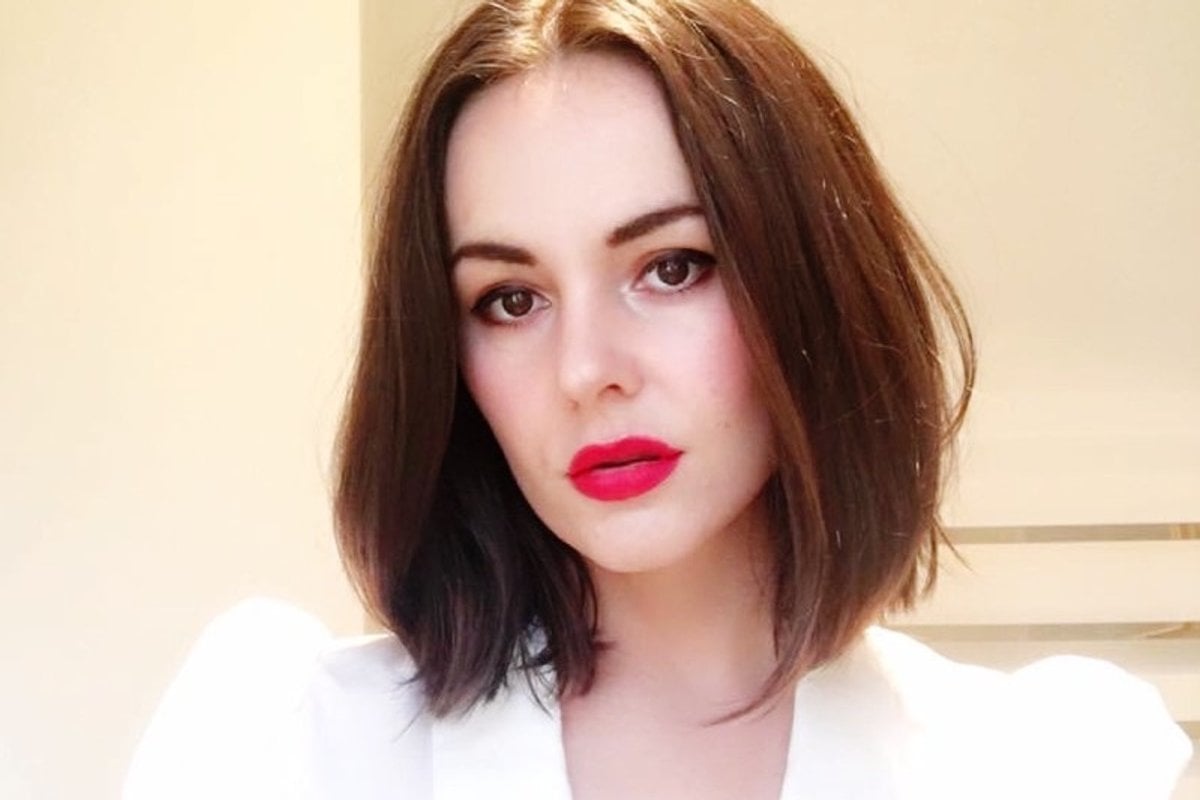
This post deals with addiction, suicide and body dysmorphia, and might be triggering for some readers.
I was eight years old the first time I saw my brother using heroin.
My mum had gone to the supermarket and though the house was quiet, the energy of what I had known to be a quiet house had shifted.
Months before, if my mum went out, I would sit quietly, comfortably reading a book or playing with our dogs, but since my brother’s partner had left him and he had moved back in with us, a quiet house became uncomfortable.
Watch: The Innocent Victims Of Australia's Ice Addiction. Post continues after video.
Shadows on the walls, which I wouldn’t have noticed before became cold and haunted places, reflecting just what I was feeling inside. I quickly went from being a happy tomboy to living in a constant state of hyperawareness and anxiety. Sitting in my room, listening to every sound.
I turned 33 this year and I still deal with post-traumatic stress disorder and obsessive-compulsive disorder daily.


Top Comments